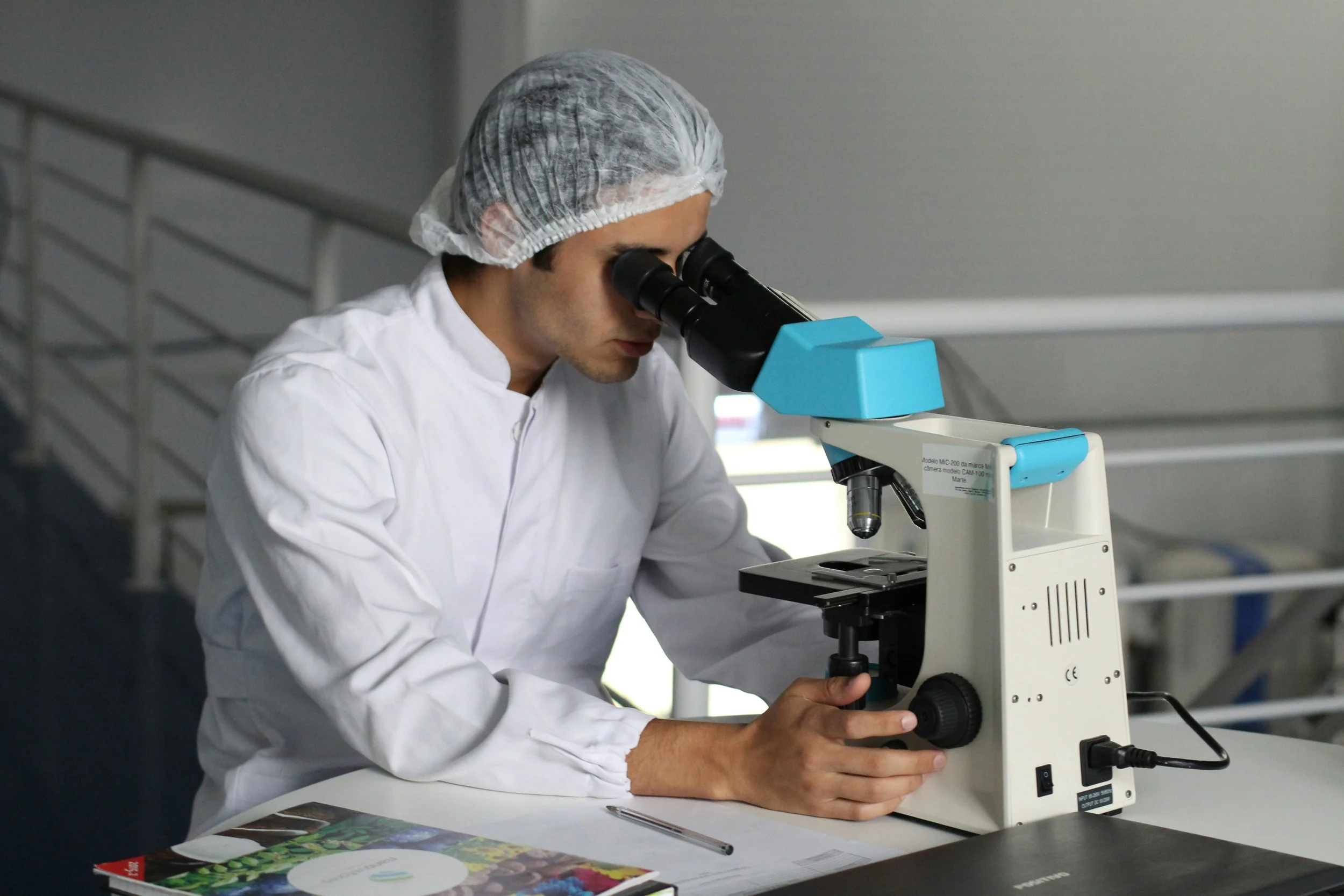Heart Disease, High Blood Pressure and Diabetes Could Be Diagnosed Via Breast Screening
Researchers at RPH Research Foundation have discovered evidence that breast arterial calcification (BAC), an incidental finding on up to almost a third of mammograms, could potentially help screen for other preventable conditions, including coronary artery disease (CAD), high blood pressure (hypertension) and diabetes mellitus.
Dr Sing Ching Lee identified this connection as part of her PhD studies at The University of Western Australia.
Dr Lee’s preliminary research suggested women with breast arterial calcification (BAC) maybe more likely to have coronary artery disease (CAD), hypertension and/or diabetes mellitus.
“Studies of cardiovascular disease in women have always been lacking. This study provides an opportunity to try and recognise it during routine breast screening and offer patients preventative therapy,” Dr Lee said.
Dr Lee’s PhD supervisor, cardiologist Professor Carl Schultz, said the risk of cardiovascular disease in women is often underestimated in clinical practice because women were underrepresented in the studies on which the risk predictions are based.
“This new research seeks to address this imbalance by developing a female-specific method of risk detection. If successful, the new approach could readily be tagged onto existing mammography screening programs at almost no cost. Further studies are urgently needed to address the gaps in knowledge,” Professor Schultz said.
Dr Lee’s findings, which have just been published in PLOS ONE journal, will inform an upcoming radiological study which has recently been funded by the Royal Perth Hospital Imaging Research Grant .
“Most of the studies to date have included symptomatic women, so it remains unclear whether the measurement of BAC could be used as a screening tool for CAD in asymptomatic women who undergo mammography,” Dr Lee said.
“There may also be an important association between BAC severity and CAD, but consensus on the optimum approach to grade or quantitate BAC is required. Once this is achieved and everything is in place, we can think about the next steps.”
RPH Research Foundation CEO, Joce Young, said the Foundation was proud to fund Dr Lee in her pursuit to translate her initial discovery into delivering innovative patient care.
“Dr Lee is an early career researcher with a very bright future ahead of her,” Ms Young said. “It’s exciting to be funding work that could potentially streamline the process of diagnosing and preventing some of the world’s most life-threatening diseases.”

